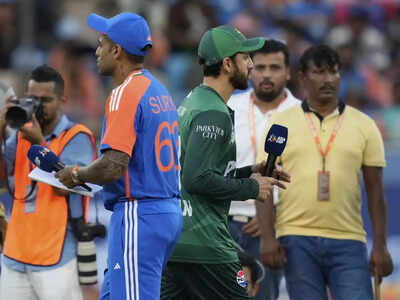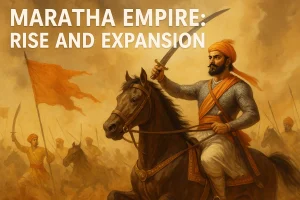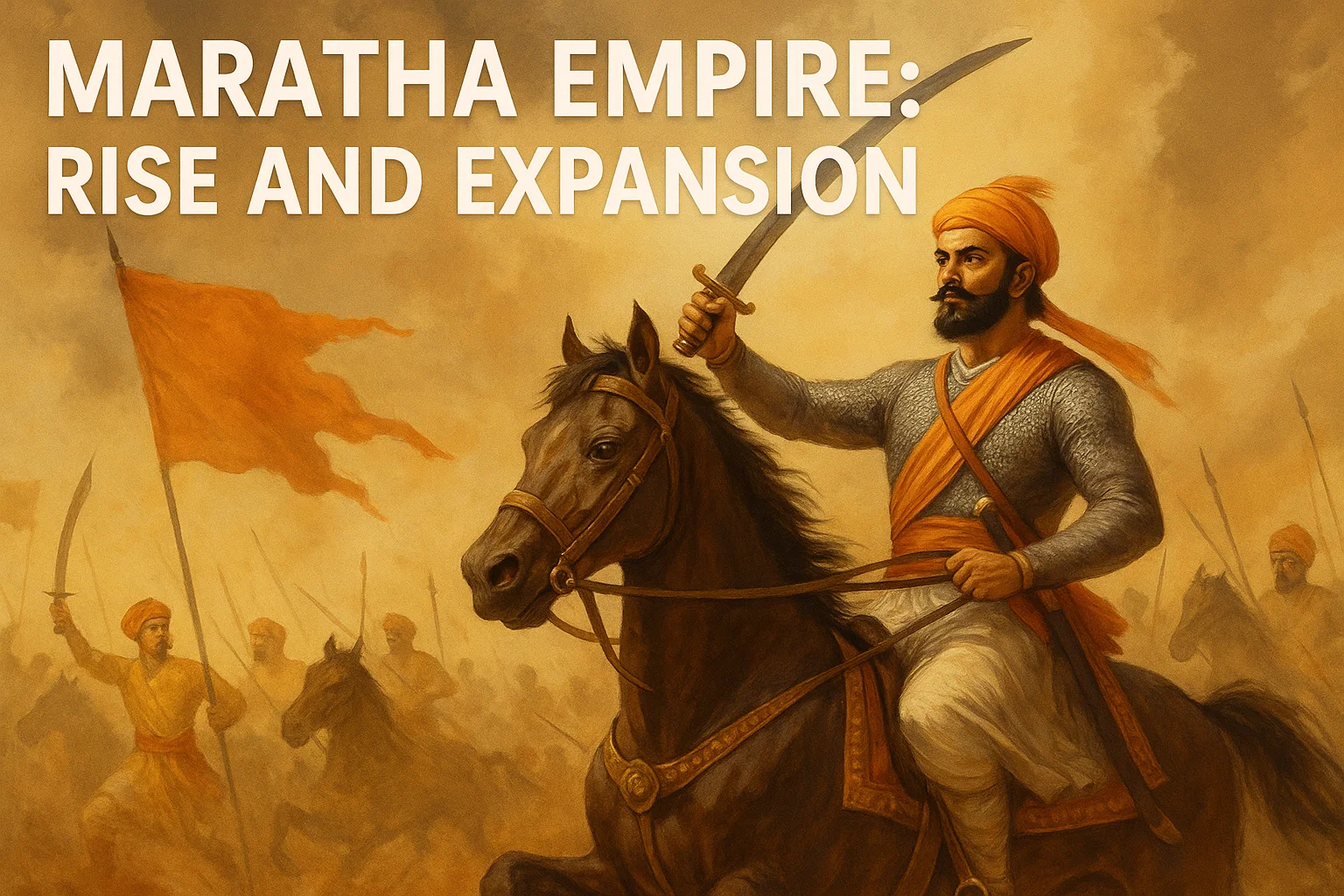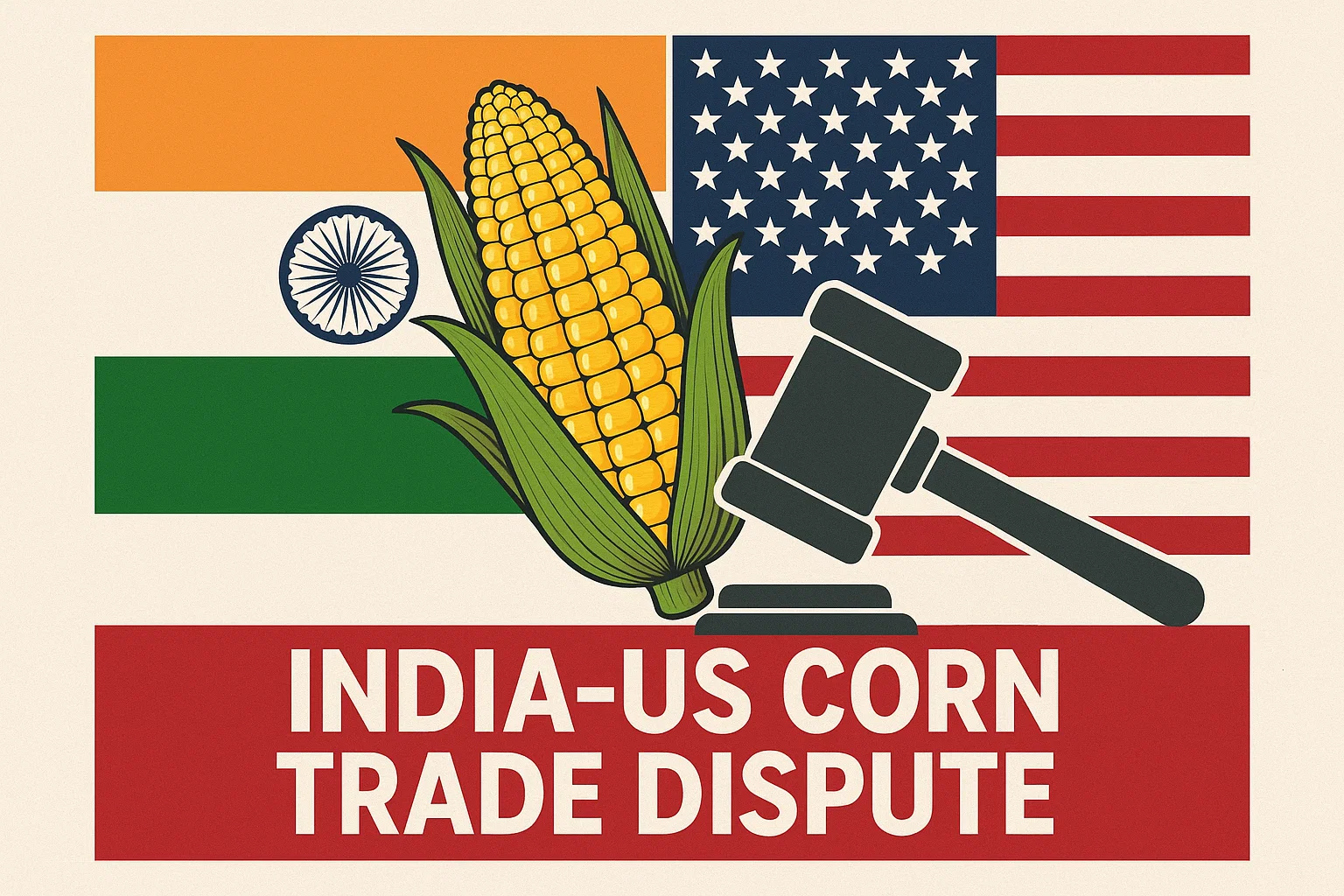Sportsmanship Beyond Rivalry: Lessons for Peace
Explore how sportsmanship transcends rivalries. From handshakes to history, see how respect in sport reflects national dignity and peacebuilding.

Introduction
Sports are often seen as games of skill, strength, and competition. Yet, they are also places where respect, dignity, and unity can shine, even between rivals. Shashi Tharoor’s “Play the Game, Not the Grudge” (The Indian Express, September 25, 2025) reminds us that sport should rise above political bitterness. A recent controversy involving the Indian and Pakistani cricket teams brought this truth into focus. After a tense match, the Indian players refused the traditional handshake with their Pakistani opponents. What seemed like a small act sparked a huge debate, raising questions about the meaning of sportsmanship, the role of politics in sport, and the image a nation projects to the world. This essay explores the significance of sportsmanship, focusing on the power of a simple handshake. Drawing from both history and current events, it argues that gestures of respect matter deeply. They are not only about honouring the spirit of the game but also about reflecting a nation’s maturity, dignity, and hopes for peace.
Symbolism of the Handshake
A handshake may appear to be a routine gesture, but in sport, it carries weight far beyond its physical act. It symbolises respect, equality, and acknowledgement that both teams, regardless of rivalry, are bound together by the rules and spirit of the game.
When Indian players refused to shake hands with Pakistani cricketers, it was not only about cricket—it became a reflection of wider tensions between the two nations. The missing handshake was seen by some as a powerful stand against terrorism and political hostility, while others viewed it as a damaging act that undermined the essence of sportsmanship.
A handshake, in this sense, is more than a courtesy—it is a signal that even fierce competitors recognise each other’s dignity as fellow human beings.
Lessons from History
History offers powerful reminders that sports can be spaces of peace even in times of conflict. During World War I, soldiers from opposing sides paused fighting to play football together in the famous “Christmas Truce.” Despite the brutal war, sport created a brief moment of humanity.
A closer example lies in the 1999 Cricket World Cup. India and Pakistan were at war in Kargil, yet after a tense match in Manchester, players from both sides shook hands. This simple act was not a sign of weakness but of strength. It showed that even in times of war, athletes could uphold respect and separate sport from politics.
Such moments demonstrate that sportsmanship is not about ignoring conflict but about rising above it to preserve humanity and dignity.
Nationalism and Sports
National pride often flows into sports, especially in high-stakes games like India versus Pakistan. Matches become more than contests of skill—they become stages where history, politics, and emotions collide.
Supporters of the refused handshake argue it was a patriotic act, a symbolic rejection of Pakistan in the light of terrorism and political hostility. But critics note that this approach blurs the line between sports and state affairs. If playing the match itself is permitted by the government, then athletes have a responsibility to respect the rituals of their profession. Refusing the handshake projects not strength but insecurity, suggesting an inability to separate the players from the political issues between nations.
True confidence is seen not in denying courtesy but in showing grace even amid rivalry.
Dangers of Demonising
One of the deepest problems with refusing a handshake is that it risks sending the message that all citizens of a rival country are enemies. In India’s case, anger at terrorism sometimes spills over into viewing all Pakistanis in the same light.
This is a dangerous mistake. Terrorism is carried out by specific groups, not entire populations. By failing to separate extremists from ordinary citizens, India risks alienating those in Pakistan who might support peace and dialogue. Worse, such broad hostility can strengthen hardliners within Pakistan, who then rally people around an “enemy India” narrative.
A handshake, in contrast, says something different. It conveys: “We may oppose your government’s actions, but we still respect you as fellow players and individuals.” This distinction is vital for building peace in the long term.
Sportsmanship as a Reflection of National Strength
The spirit of sport demands humility in victory and dignity in defeat. This is not an abstract ideal but a code of conduct that defines what it means to be an athlete. A handshake is the simplest way to honour this spirit.
By refusing such a gesture, a nation risks appearing petty and insecure on the global stage. On the other hand, extending respect after competition shows strength and confidence. A secure nation does not fear showing grace; it knows that kindness does not weaken its position but instead elevates its character.
If India aspires to be a global leader—a “Vishwaguru,” or teacher to the world—its actions must reflect maturity and principle. Small gestures in sport can influence how the world perceives a nation’s dignity.
Bridging Divides
Sport is one of the rare platforms where people from divided nations come face-to-face outside of war or politics. These encounters are opportunities to show that hostility does not need to define all human interactions.
While it may be unrealistic to expect sport alone to resolve political conflicts, acts of respect within games keep the door to peace slightly open. They remind people that beneath political divides lie shared human values—joy, competition, and dignity.
When players shake hands, they show millions of fans watching around the world that respect is possible, even between rivals. Such symbolic acts, though small, contribute to building trust, softening anger, and imagining a future where dialogue replaces division.
Conclusion
The refusal of Indian cricketers to shake hands with their Pakistani opponents was far more than a missing ritual; it was a missed chance to display maturity, dignity, and leadership. A handshake may seem ordinary, but in moments of rivalry, it carries extraordinary power. It is a symbol of respect that can stand taller than politics, reminding people of their shared humanity.
History shows that even during war, athletes have upheld sportsmanship. Today, the challenge is to continue that tradition, resisting the temptation to let anger dominate every arena. By honouring gestures of respect, nations show the world that they are confident, principled, and capable of rising above conflict.
In the end, it is not just about cricket or handshakes—it is about what kind of nation one wishes to be. Strong nations display courage, but even stronger nations display grace.
Subscribe to our Youtube Channel for more Valuable Content – TheStudyias
Download the App to Subscribe to our Courses – Thestudyias
The Source’s Authority and Ownership of the Article is Claimed By THE STUDY IAS BY MANIKANT SINGH



